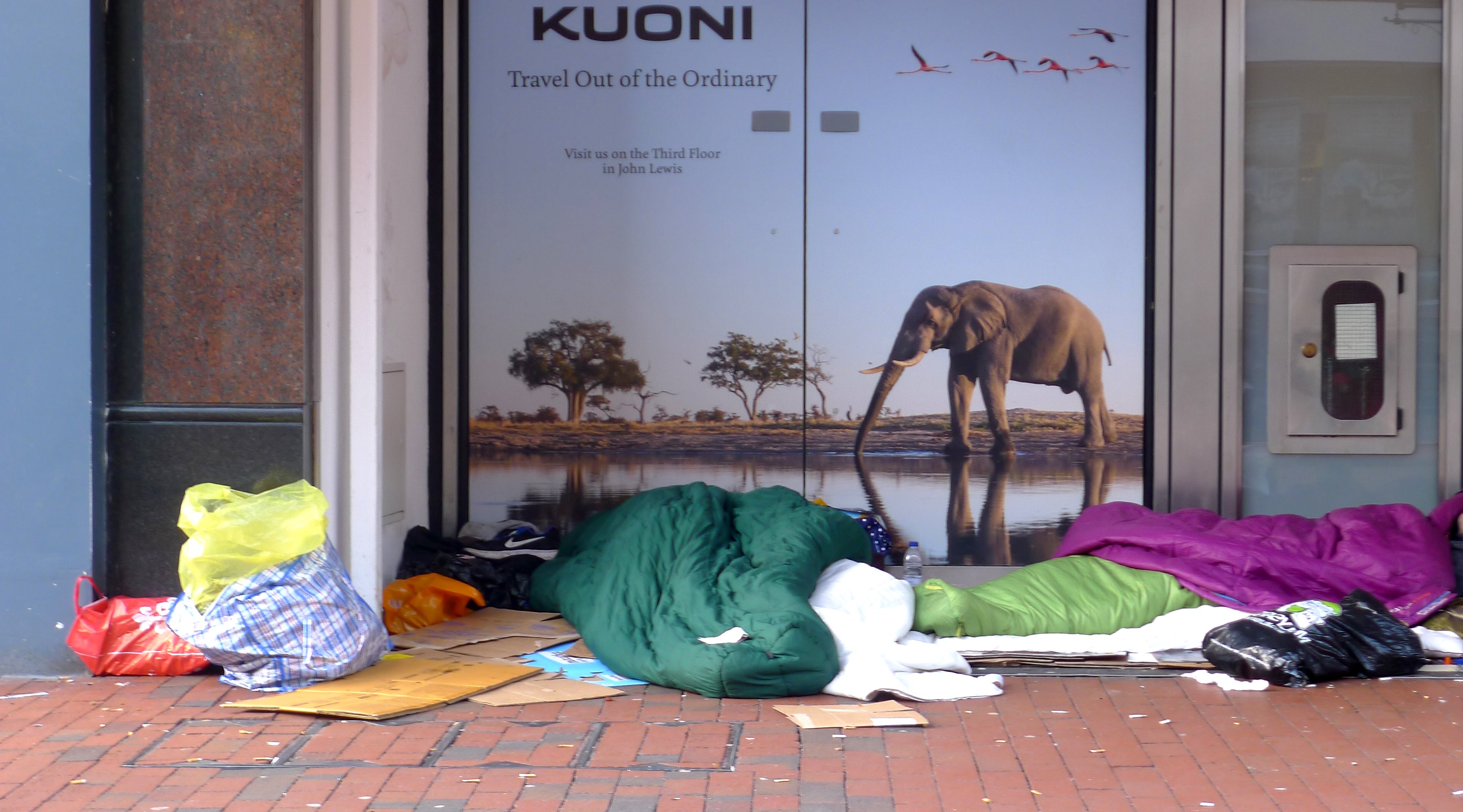Government promises to give ‘landlords access to justice’ by ending bailiff ban and cutting eviction notice period
Councils warn homelessness set to increase over summer as protections phase-out begins

Your support helps us to tell the story
From reproductive rights to climate change to Big Tech, The Independent is on the ground when the story is developing. Whether it's investigating the financials of Elon Musk's pro-Trump PAC or producing our latest documentary, 'The A Word', which shines a light on the American women fighting for reproductive rights, we know how important it is to parse out the facts from the messaging.
At such a critical moment in US history, we need reporters on the ground. Your donation allows us to keep sending journalists to speak to both sides of the story.
The Independent is trusted by Americans across the entire political spectrum. And unlike many other quality news outlets, we choose not to lock Americans out of our reporting and analysis with paywalls. We believe quality journalism should be available to everyone, paid for by those who can afford it.
Your support makes all the difference.The government is to cut the notice period landlords have to give tenants before evicting them, rolling back some of the protections it introduced during the Covid-19 pandemic.
Councils and tenants unions have warned of a possible surge in homelessness over the summer, with a ban on bailiff-enforced evictions also set to end this month.
Ministers said the changes, which will see a gradual return to the previous weaker tenants' rights, would give "landlords to access justice".
A blanket ban on evictions introduced during the first lockdown came to an end in September last year, and was replaced with a weaker ban on bailiff-enforced evictions.
That extra protection for renters in England is now due to come to and end at the end of this month, after an extension from March.
According to government figures, in December last year 9 per cent of private renters (353,000 households) were in arrears – putting them at risk of eviction. This figure is up from 3 per cent of renting households in 2019-20.
Councillor David Renard, the housing spokesperson for the Local Government Association, a cross-party body which represents councils, called for more cash for homelessness prevention services to prepare for the surge.
“We recognise that the ban on eviction enforcement, which provided vital reassurance to renters during the pandemic, cannot continue indefinitely," he said.
Councils remain concerned over the potential rise in homelessness households may face, and the pressure this will add to already over-stretched homelessness services
"However, councils remain concerned over the potential rise in homelessness households may face, and the pressure this will add to already over-stretched homelessness services.
“It is vital there is a plan in place to support and protect households to stay in their homes, in as many cases as possible."
Eviction notice periods had been increased to six months during the Covid-19 pandemic to delay people being made homeless, but will be cut to four months from 1 June and then again to just 1 month by the end of September.
Ben Beadle, chief executive of the National Residential Landlords Association said: “Having operated under emergency conditions for over a year, today’s announcement from the Government is an important step in ensuring the sector’s recovery.
“It does nothing though to address the rent debt crisis. With the number of private tenants in arrears having increased threefold since lockdown measures started, more are at risk of losing their homes as restrictions ease.
"We want to see tenancies sustained wherever possible and call on the Chancellor to step in and provide affected tenants with the financial support they need to pay off rent arrears built as a result of the pandemic.”
Polly Neate, chief executive of the housing charity Shelter, said Covid had "shown just how precarious renting can be".
"Renters have weathered job losses and seen incomes fall and debts rise. Many will be worried about how they will keep their homes as we get into the summe," she said, calling for "a package of financial support for anyone who has fallen into rent arrears because of the pandemic".
Lee Burkwood of the London Renters Union told The Independent: "The fact that the government is ending the eviction ban whilst hundreds of thousands of renters are in debt to their landlord due to Covid shows they are prioritising the profits of landlords over our lives and our right to safe and secure housing.
"To prevent a homelessness and evictions crisis, we urge the government to rethink and keep the eviction ban in place, cancel debt and bring forward plans to scrap section 21 evictions."
He added that people should "not leave your home just before you landlord tells you to" and suggested that people who feel at risk join a tenants' union.
Announcing the measures, Housing Minister, Christopher Pincher said: "From the beginning of the pandemic, we have taken unprecedented action to protect renters and help keep them in their homes.
"As Covid restrictions are eased in line with the roadmap out of lockdown, we will ensure tenants continue to be supported with longer notice periods, while also balancing the need for landlords to access justice.
"Crucial financial support also remains in place including the furlough scheme and uplift to Universal Credit."
The government announced in April 2019 that it would ban no-fault evictions with new rights for renters, but over two years later it has not done so.
Join our commenting forum
Join thought-provoking conversations, follow other Independent readers and see their replies
0Comments